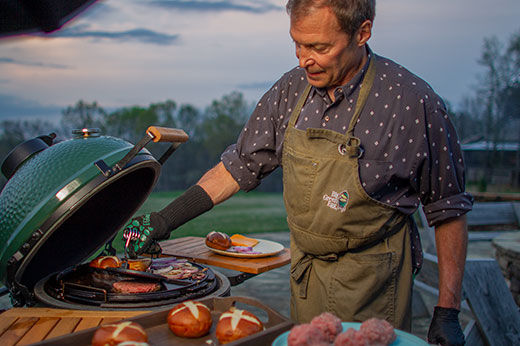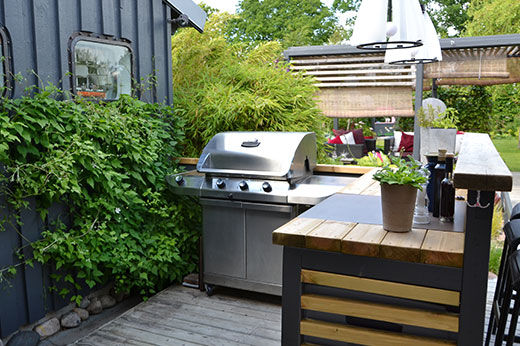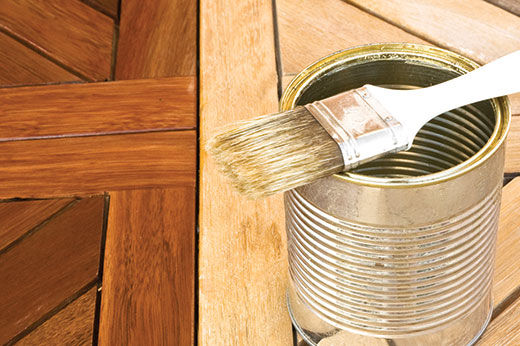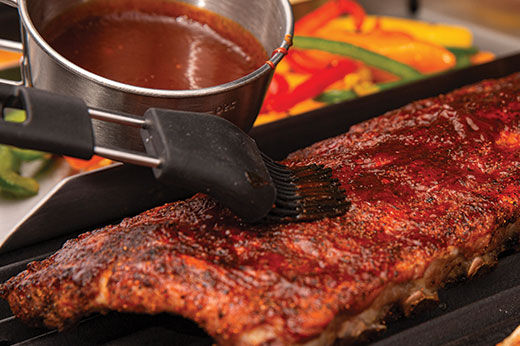While do-it-yourself projects can be fun and fulfilling, there is always a potential for personal injury or property damage. We strongly suggest that any project beyond your abilities be left to licensed professionals such as electricians, plumbers, and carpenters. Any action you take upon the information on this website is strictly at your own risk, and we assume no responsibility or liability for the contents of this article.
Boating Safety Tips
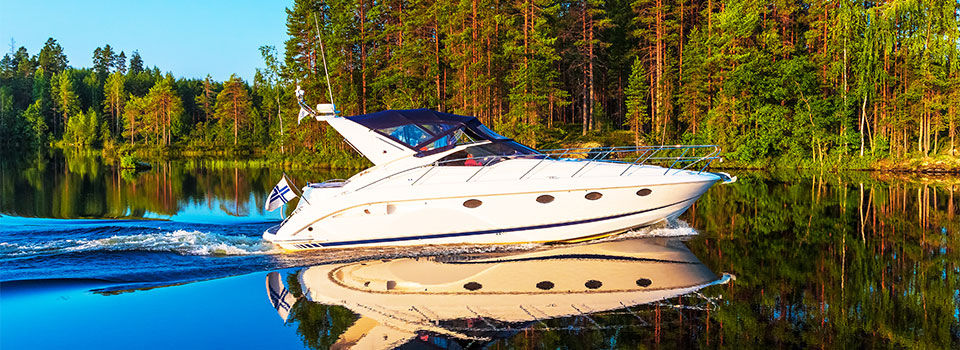
Getting out on the water requires the use of a boat if you want to go more than a few feet from the shore. Whether you rent a pontoon, own a sailboat, or prefer to use something with a powerful motor, there are a few basic tips to ensure the safety of all passengers and the operator. Before setting out on a boat this summer, refresh your knowledge of these safety tips.
Wear Life Jackets
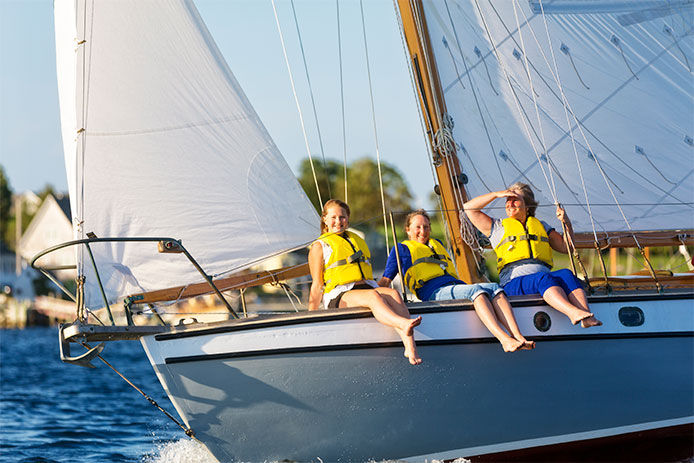
Almost all bodies of water in the United States require life jackets to at least be on board and in a great enough quantity for all passengers and operators. Some states or individual bodies of water may also require life jacket use for all children under 16 or all people on boats. Check on the specific regulations for your area, and make sure to carry enough life jackets for everyone on board. They should be fitted before each boat ride to ensure they’re still in good shape and the right size for each passenger. Rent or buy new life jackets if you must before setting off rather than risking going without them.
Check the Weather Forecast
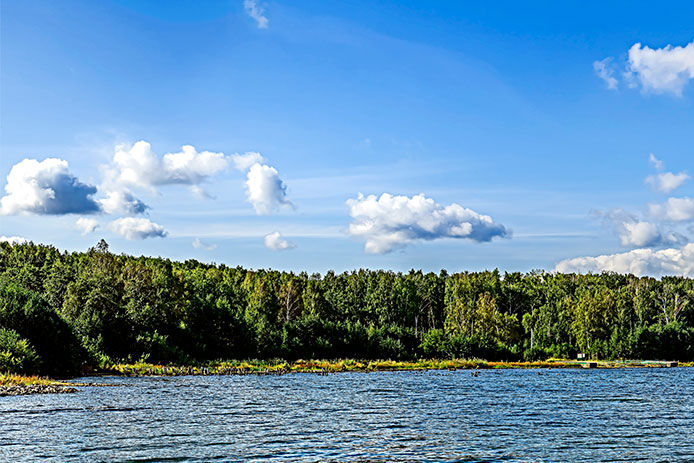
Boating isn’t safe when there’s a high wind or heavy rain. Check the weather forecast before planning a day on the water, and don’t be afraid to cancel if there’s even a chance of storms. Keep an emergency broadcast weather radio on board the boat and check it a few times during each outing. If the weather suddenly changes and looks overcast or windy, be prepared to end the outing early. It’s unsafe to operate even large boats when wind causes rising waves on larger bodies of water.
Use the Right Fuel
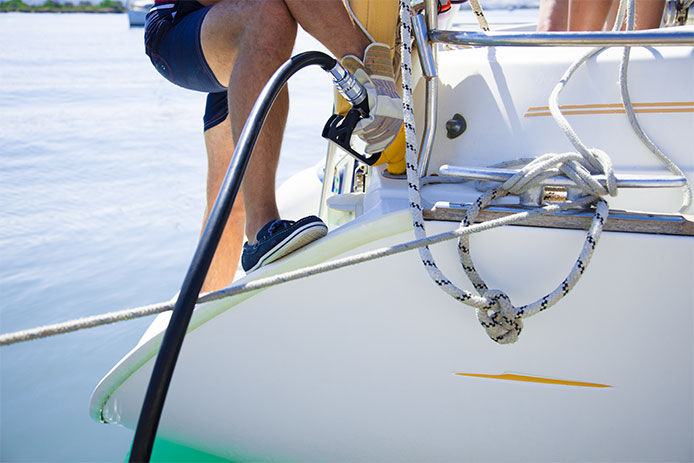
Avoid the E15 and E85 gasoline fuels sold at everyday gas stations. While they may work just fine in recent model automobiles, they’re unsafe for boats. Head to a marina or other source for boat-safe fuels instead. E10 is a good, economical choice without risking damage to your boat’s motor or fuel tanks. Check if the boat uses diesel instead since filling it with the wrong fuel could seize it. Make sure your boat doesn’t need an oil and gas mixture, required by many outboard motors on smaller boats.
Follow Speed Regulations
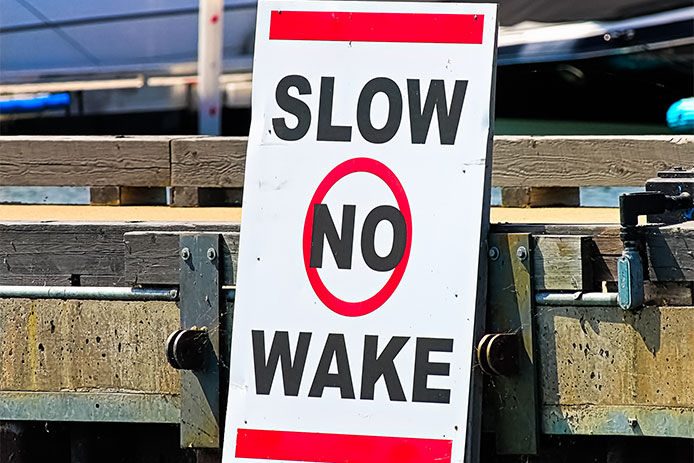
Open water is not an invitation to open the throttle, even if you can’t see anyone else around. Speed limits for the water must be followed just as strictly as on land for everyone’s safety. If another boat appears or you spot an obstacle, there’s not much to slow the boat down as it skims across the water’s surface. It’s safer to operate at a slower speed and glide towards obstacles like docks, sunken trees, or other watercraft.
Don’t Drink and Boat
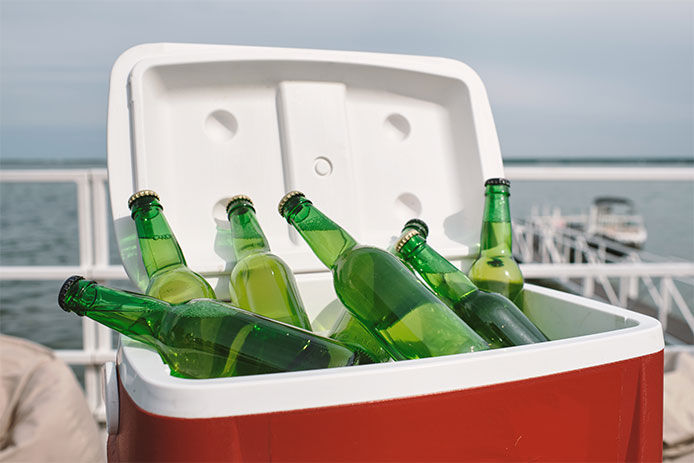
While you need to drink plenty of water to stay hydrated due to the drying effects of wind and reflected sun, you should avoid alcohol while operating a boat. Make someone the designated skipper for each outing and ensure they don’t have even a single drink. Alcohol plays a role in a majority of boat accidents each year, so staying sober while on the water is one way to ensure a great time is had instead of a tragedy.
Know How to Swim
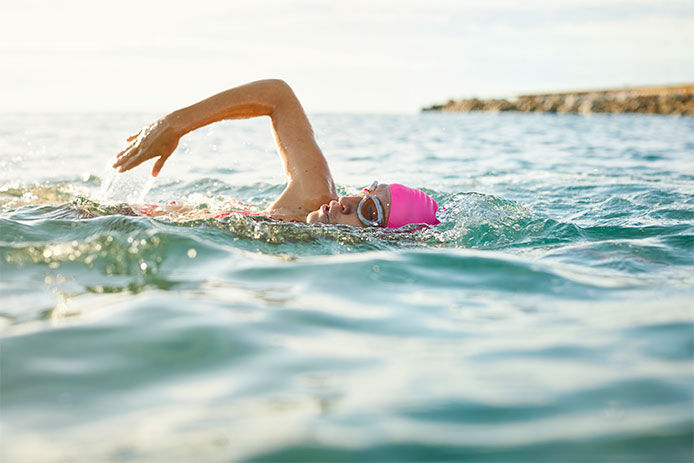
No one should go on the boat, no matter its size or style, unless they know how to swim. Life jackets and vests are only a replacement for swimming skills for the very youngest passengers. Once someone is more than a few years old, they’ll need to know to swim to stay afloat even with the help of a life preserver. Refusing boat guests who can’t swim may cause a few hurt feelings, but it’s better than serious injuries.
Have an Emergency Plan
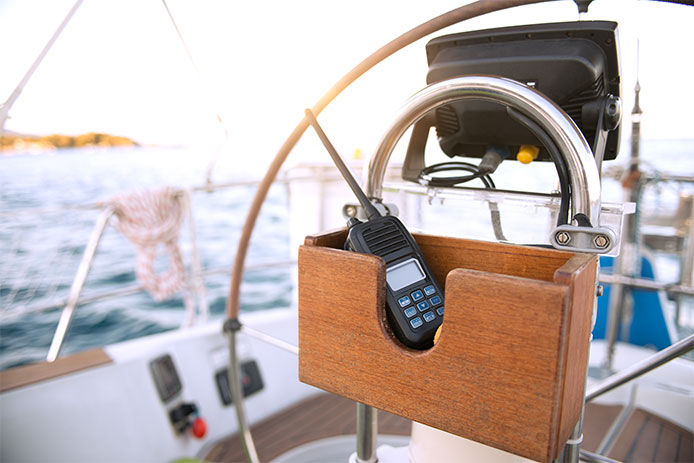
Make sure there’s an emergency in case the person operating the boat is incapacitated for any reason. Designate an assistant skipper who is also sober and prepared to take over the boat at any time. Keep the boat’s cut-off lanyard on the primary skipper at all times so it’s easily located if they must pass it over to the assistant. Keep emergency radios charged and ready to use in case of a stranding or sinking incident.
Boating can be relaxing and thrilling at the same time, but it shouldn’t be risky. Learn what the buoys and signs out on the water mean so you’re prepared to interact with other traffic on the water when you encounter it.
